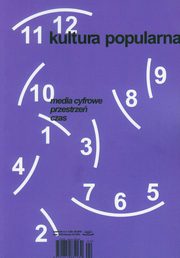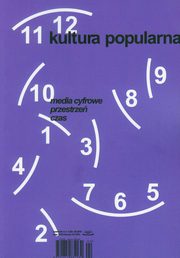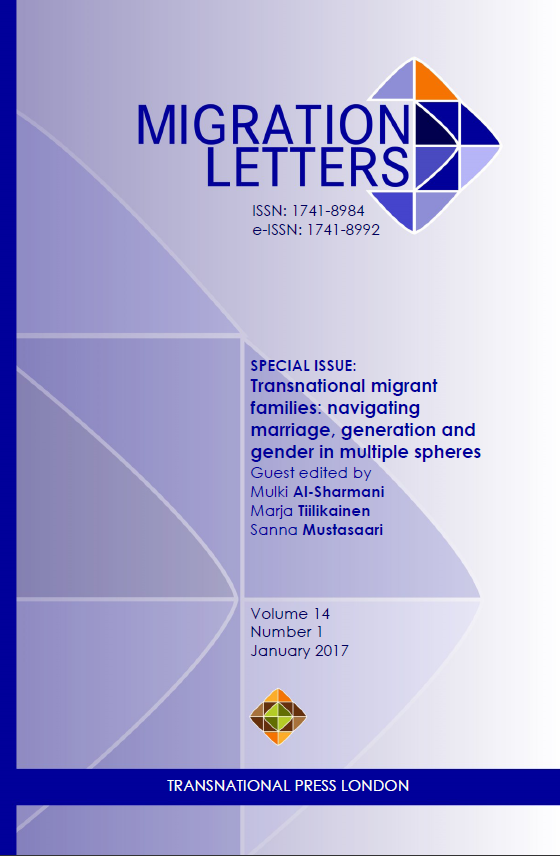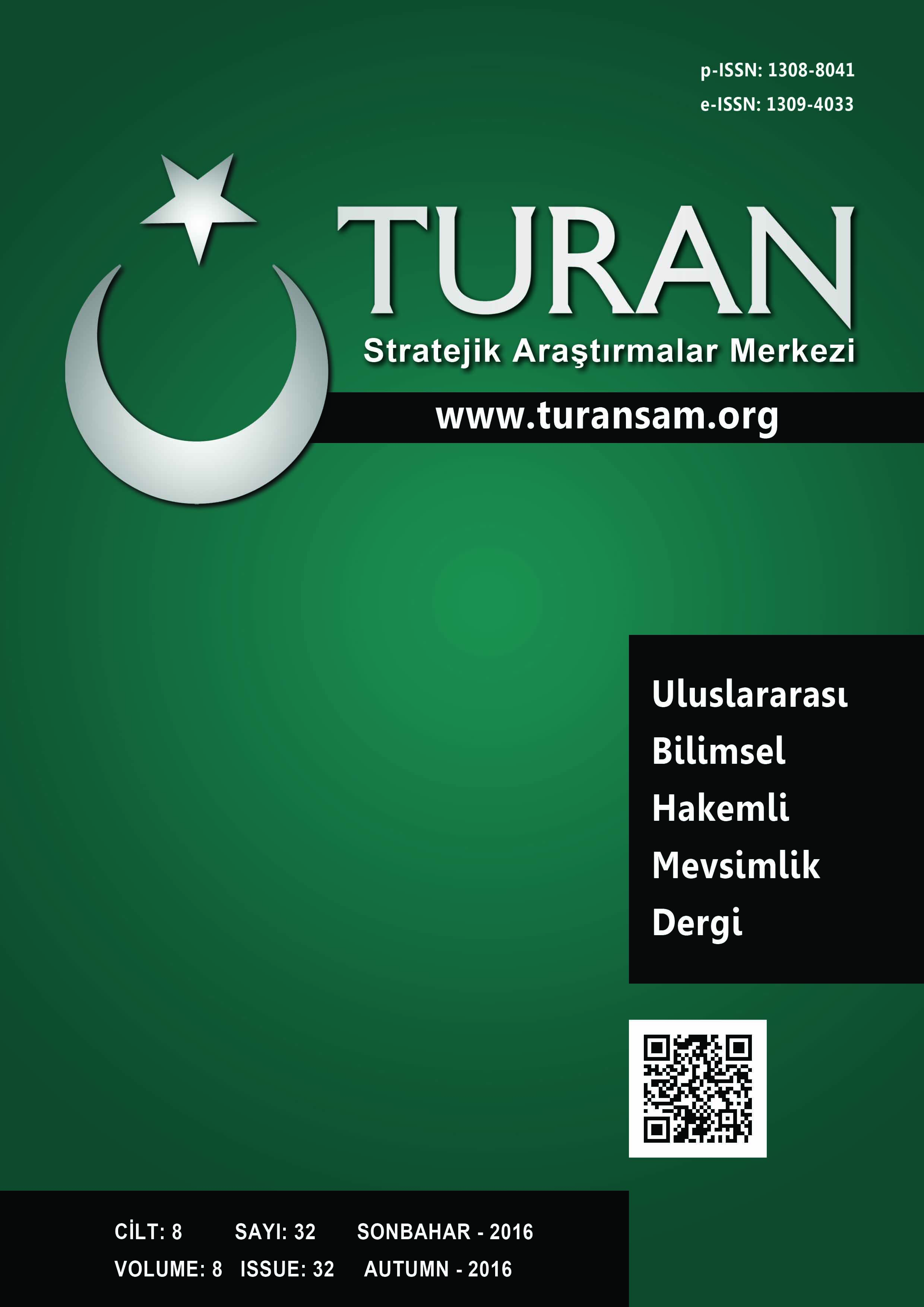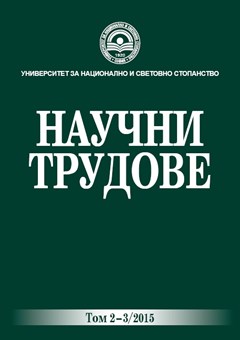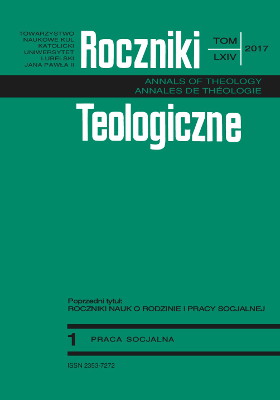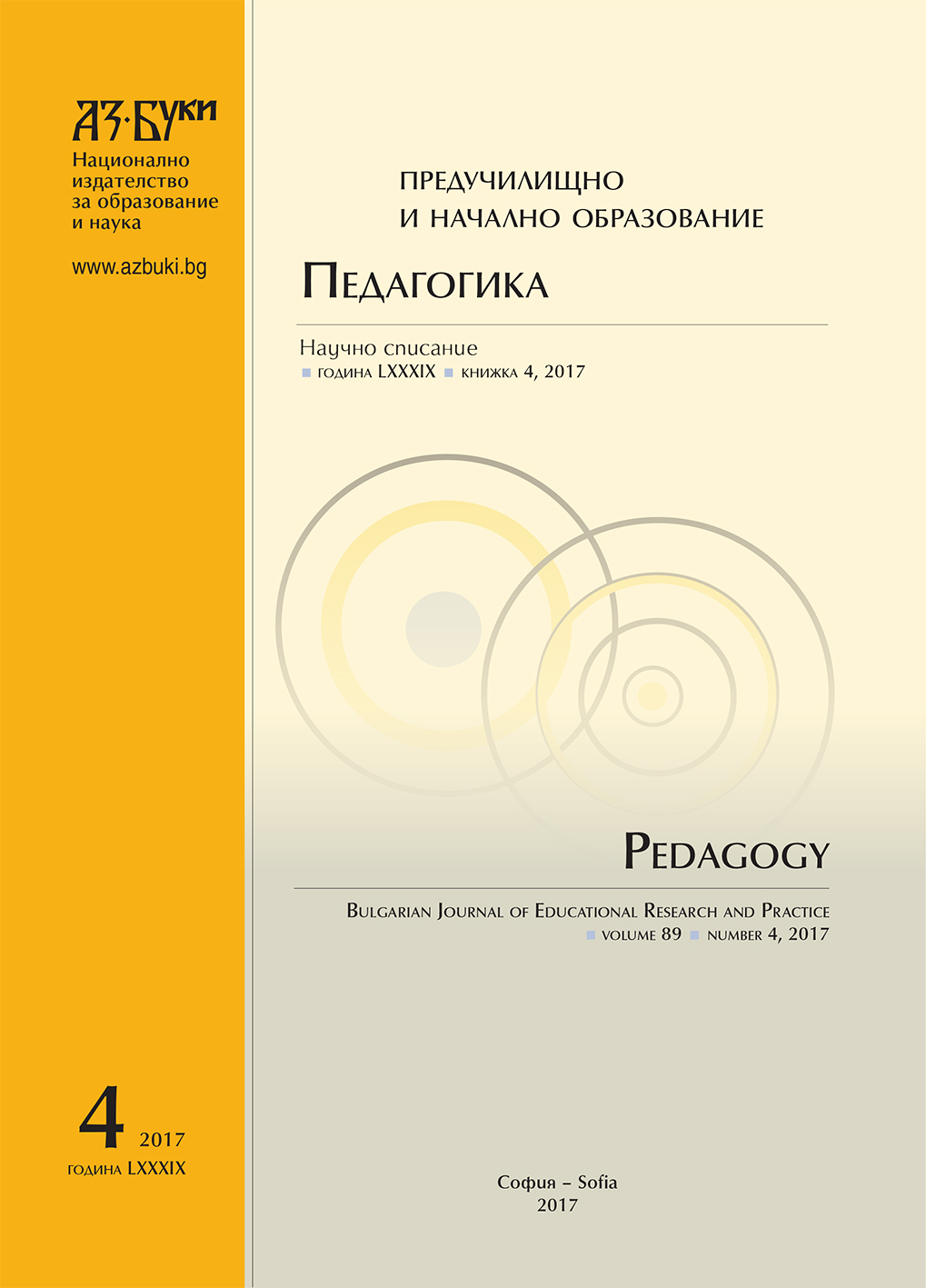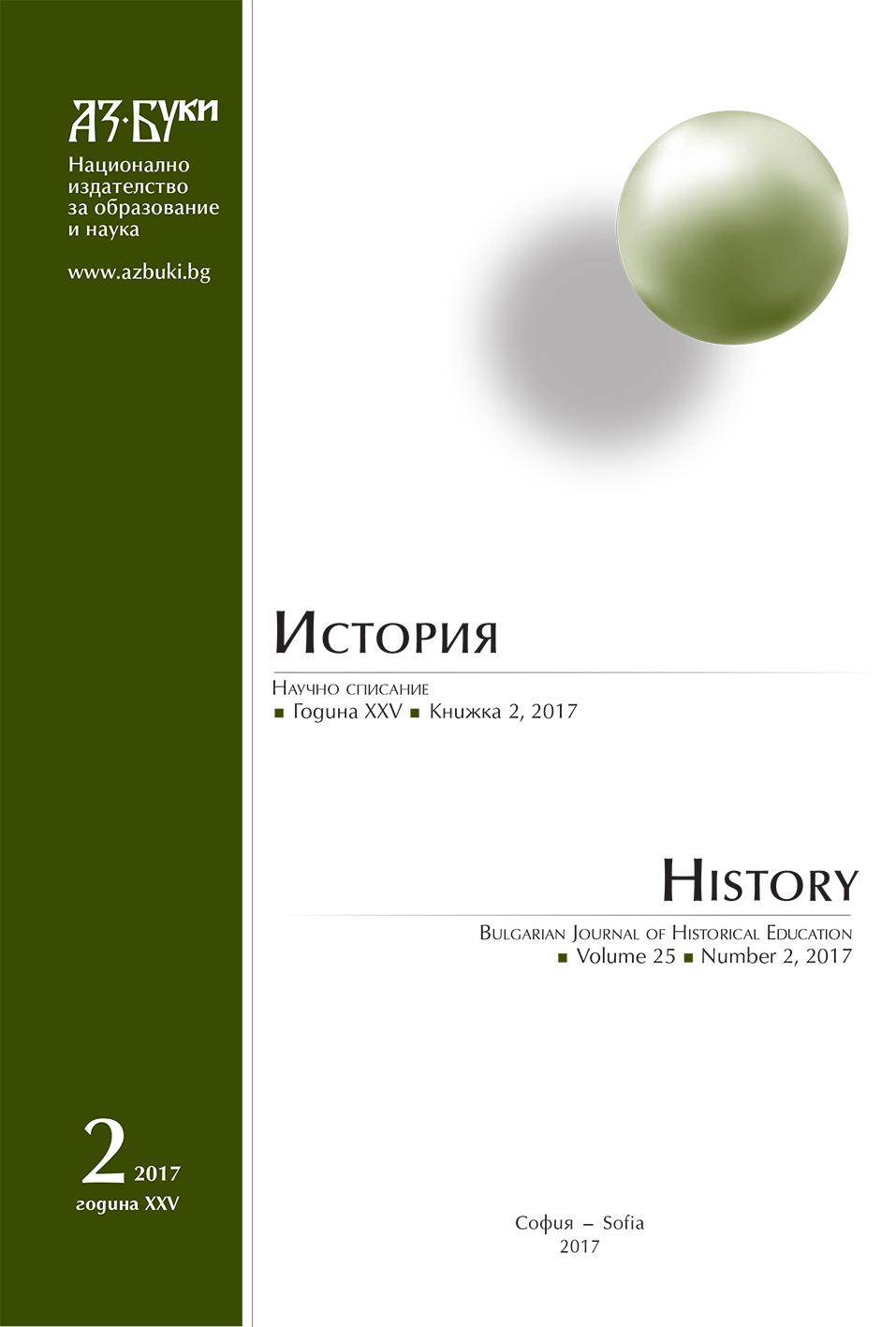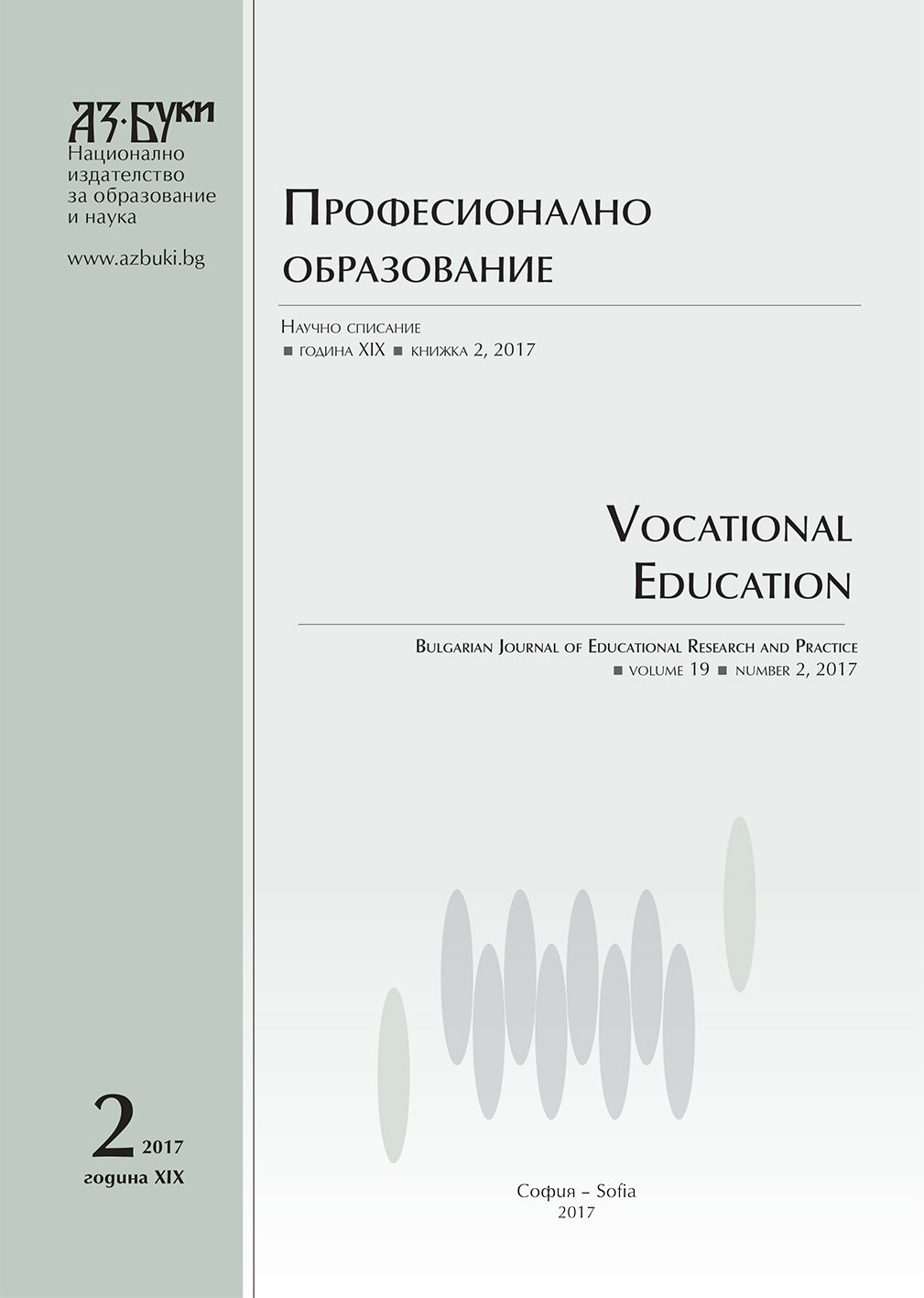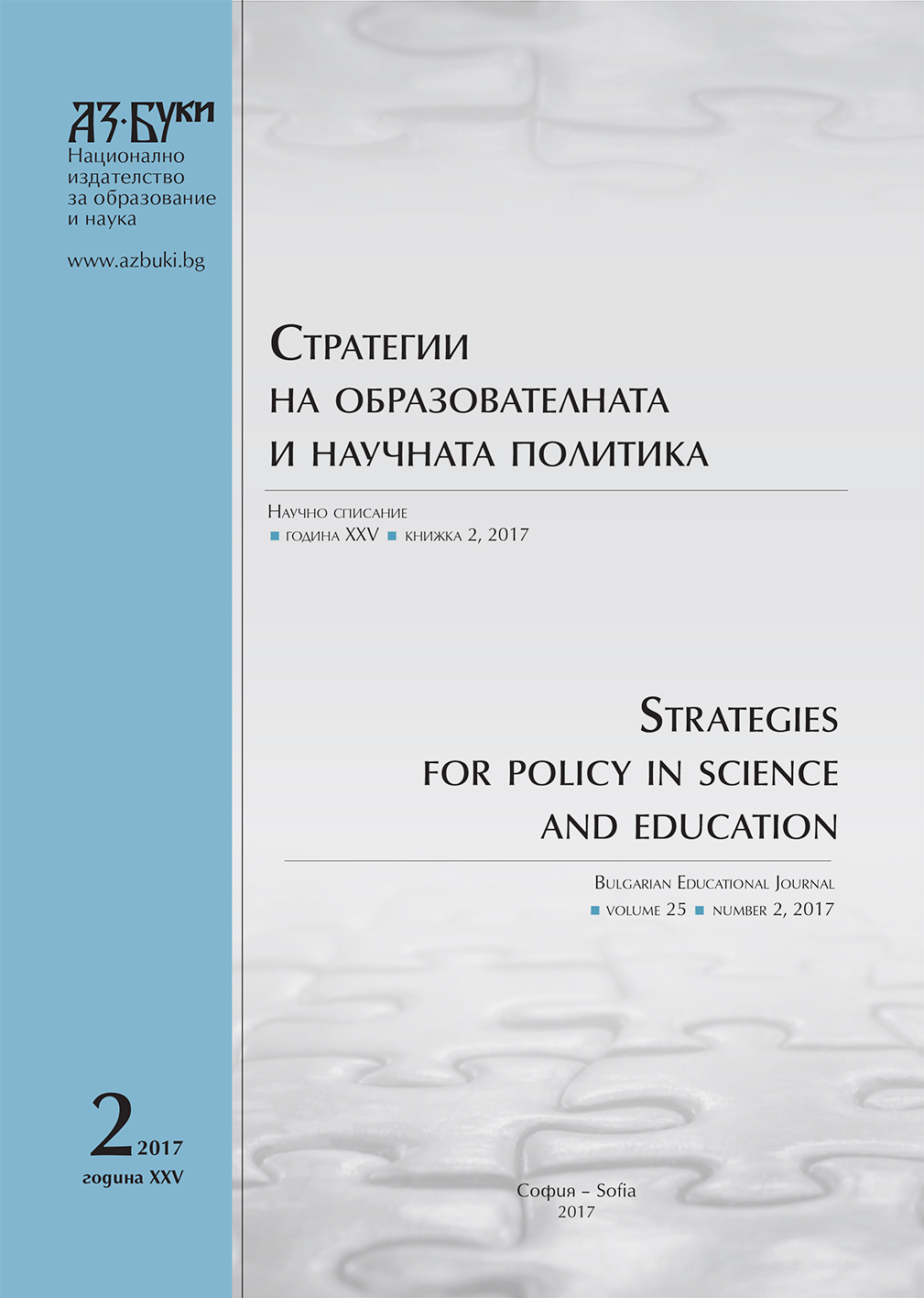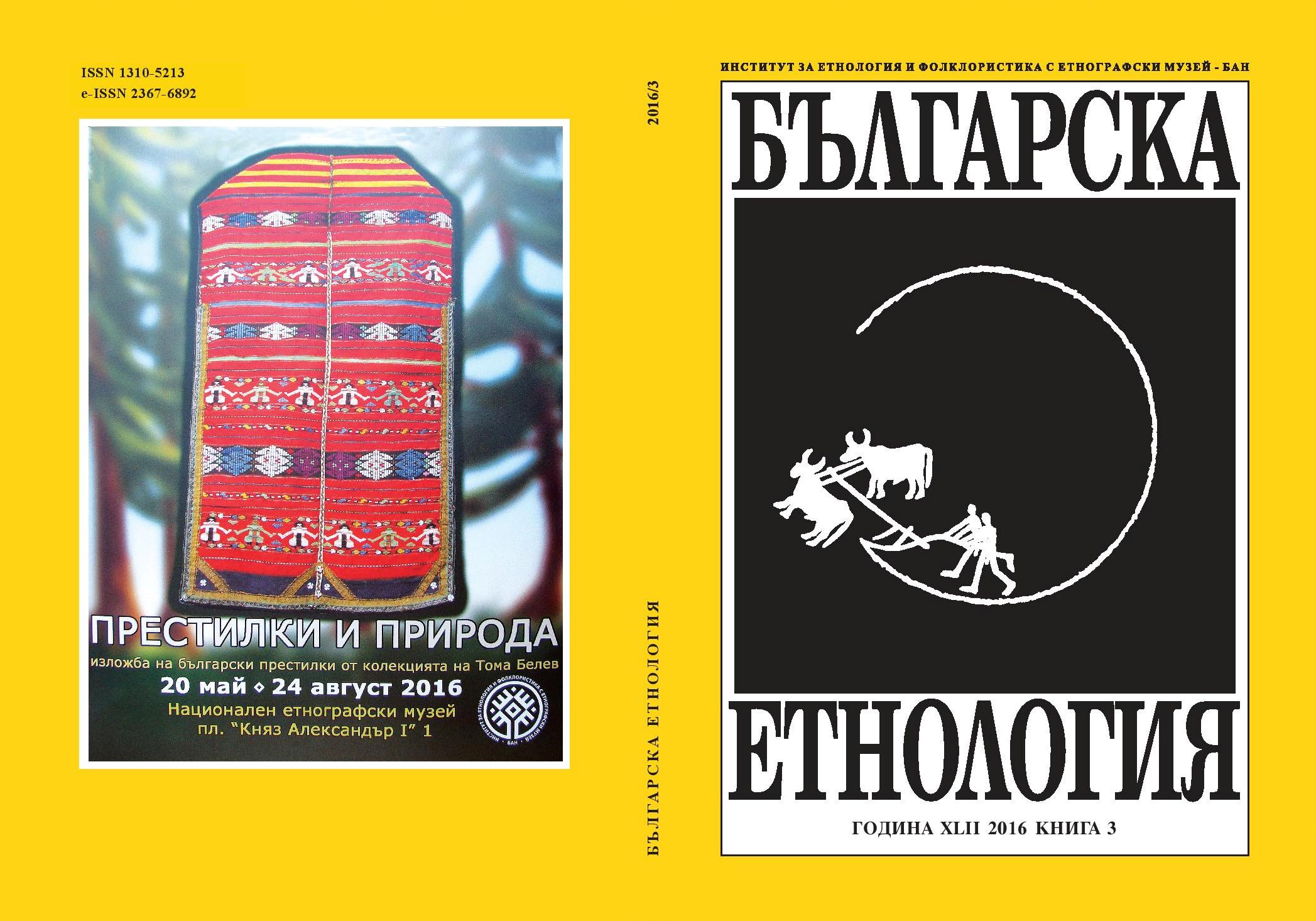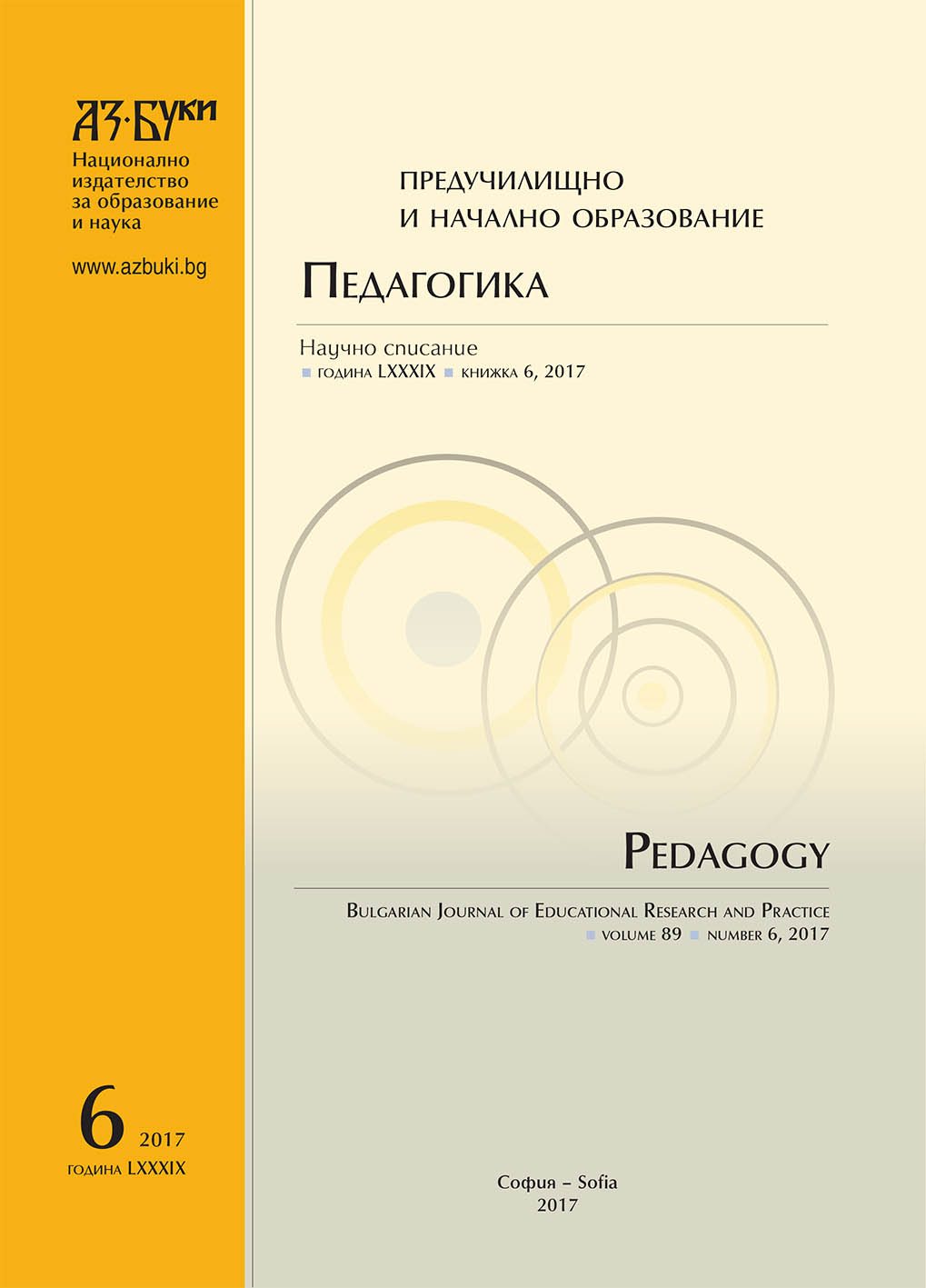Социальное положение женщин в годы Великой Отечественной войны: историко-социологический анализ (На материалах Кировской области)
The article contains a historical and sociological analysis of the social position of women in the Great Patriotic War. Considering the example of the social status of women rear population, the researcher notes the factors contributing to its change. The paper defines main characteristics of the status: woman as mother, as a hard worker and a citizen.
More...
